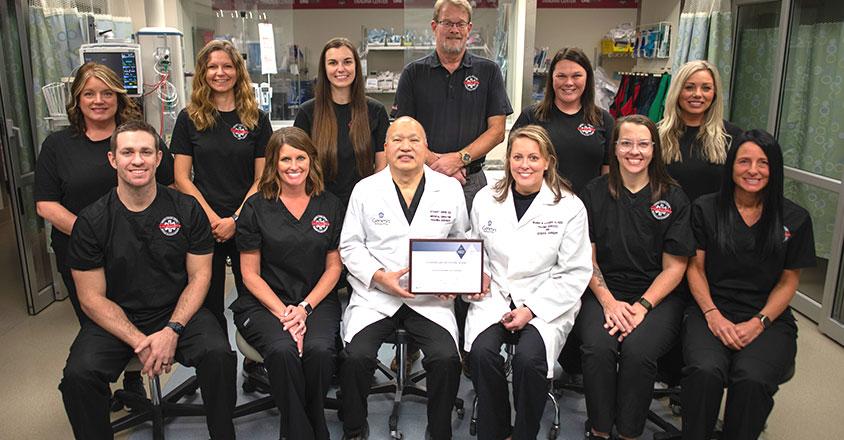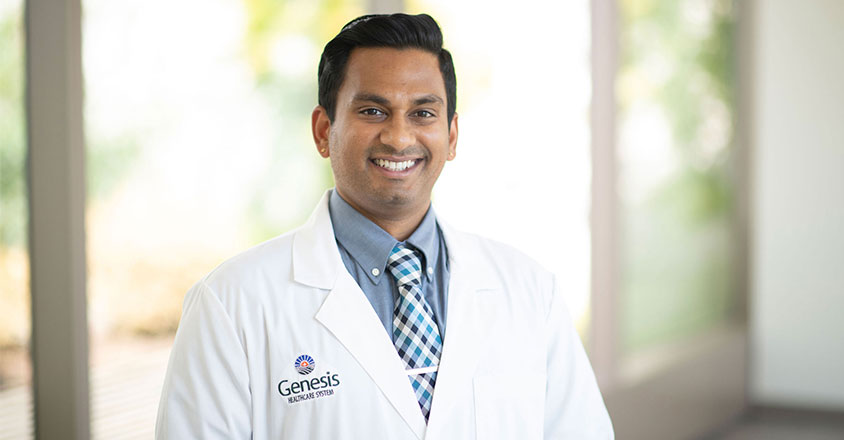What is the difference between good and bad cholesterol?
If you aren’t aware, there is cholesterol in your blood. The two types of lipoproteins that carry cholesterol to and from cells are called low-density lipoproteins (“bad” cholesterol) and high-density lipoproteins (“good” cholesterol). According to the American Heart Association, “bad” cholesterol increases your risk for heart disease. There are ways to take precautionary measures to ensure your cholesterol levels are healthy.
Take our quiz to find out what the Heart Research Institute recommends for lowering your “bad” cholesterol levels.
For more information about cholesterol, read the stories below:
-

Article
Cholesterol: The good, the bad and the great newsCholesterol is a silent disease and common enough that Stephen Knox, M.D., board-certified family medicine, Genesis Primary Care, addresses the problem with patients every day.
Read now -

Article
How to naturally lower your cholesterolMaybe you just came from the doctor’s office and learned your cholesterol is too high. Maybe you want to avoid hearing those words from your doctor. Either way, take our quiz to learn more about cholesterol and tips to lower it naturally.
Read now -

Article
You can eat your way to better cholesterol“The good news is, high cholesterol can be lowered, reducing the risk of heart disease and stroke,” said Selomie Kebede, M.D., fellowship-trained cardiologist, Genesis Heart & Vascular Institute.
Read now
Ready to get healthy?
Sign up for our digital newsletters to receive health tips, recipes, success stories for inspiration and information about new doctors to help you on your journey to better health.
Genesis HealthCare System’s Health and Wellness content conveniently provides accurate and helpful information. Your health history and current health may impact suggestions provided through our Health and Wellness content. Although we hope this information is helpful, it is not a substitute for your doctor's medical advice. Before making any significant changes, please consult your doctor.

Take our quiz to find out what the Heart Research Institute recommends for lowering your “bad” cholesterol levels.







